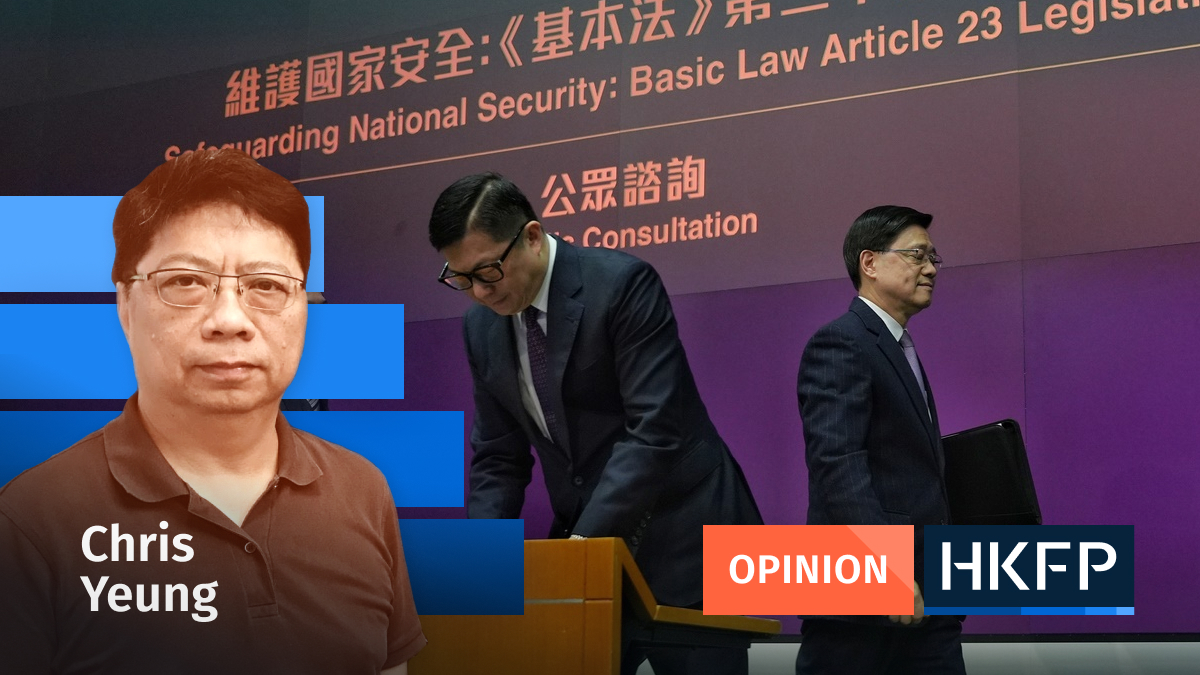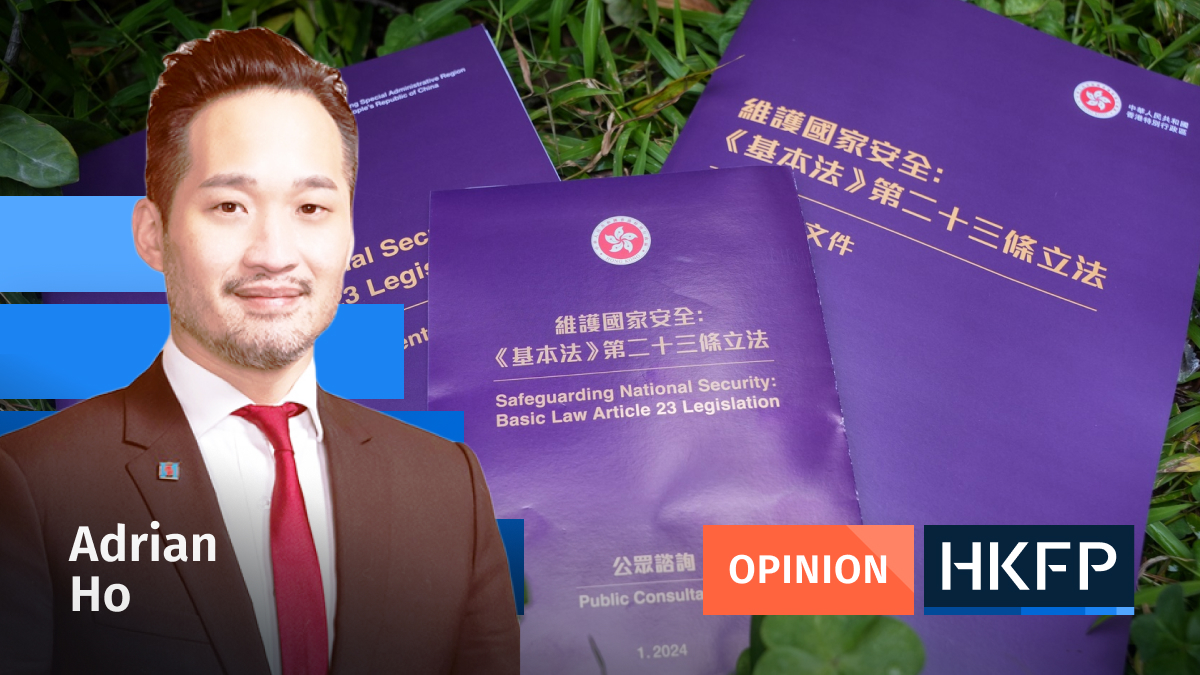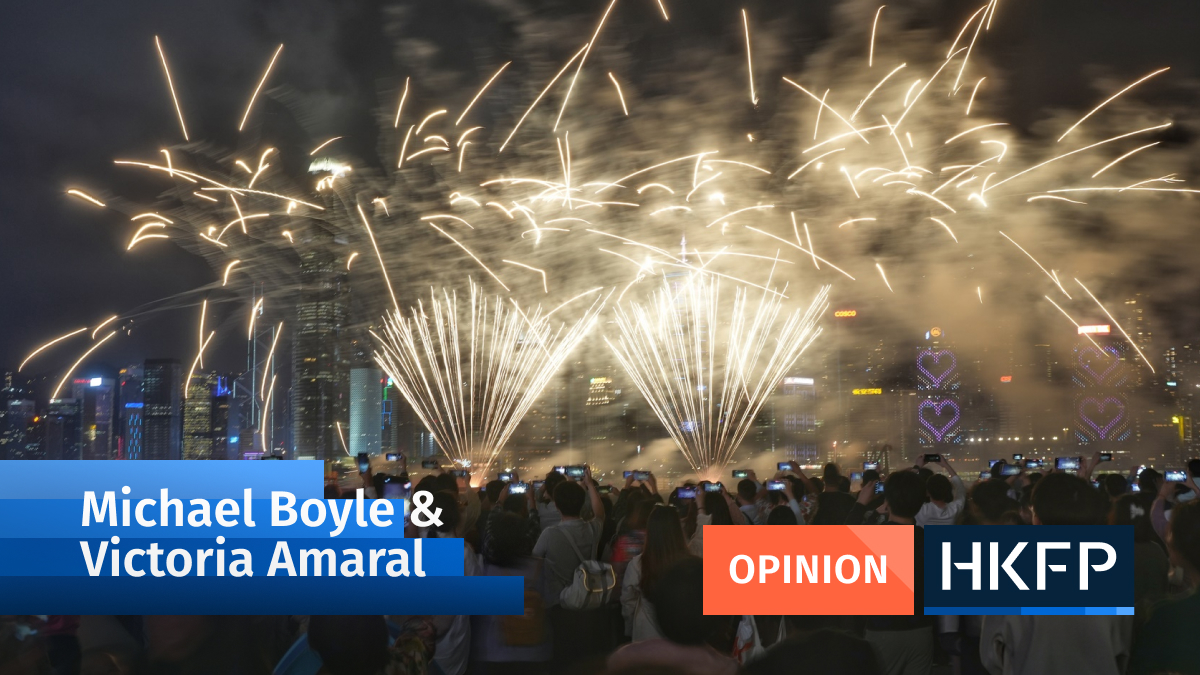As I told a friend the other day: “If you see someone taking photos of the buildings behind us, chances are they’re tourists coming to see the Monster Building.”
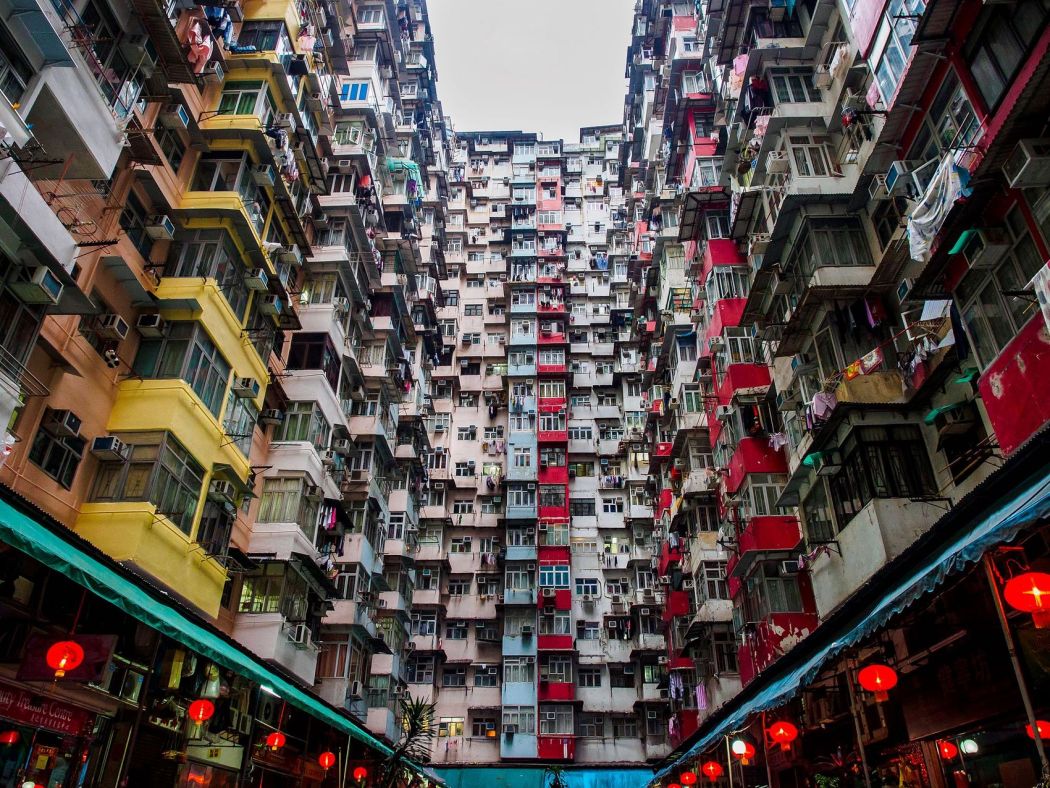
I’m a Quarry Bay kaifong, or local, and every time I visit a neighbourhood bakery or florist, I see people – mostly in their 20s and 30s and speaking in different languages – strolling along King’s Road. Some ask for directions, some take photos from the opposite side of the street. I can tell instantly that they are searching for the Monster Building.
For us locals, it’s just one of the ordinary residential structures of the 1960s. We didn’t call it Monster Building until it was introduced to a global audience by the Hollywood blockbuster Transformers: Age of Extinction.
When unfamiliar faces approach, bakery staff will point out the building before even being asked. The tourists have themselves become part of Quarry Bay’s topography.
A recent music video by Pharrell Williams and friends for a song called Airplane Tickets was set in Hong Kong’s streets. The locations include the vernacular residential buildings, high-end commercial towers and a hotel, the cross-harbour tunnel, taxis and the stunning Victoria Harbour.
The small size of urban Hong Kong encouraged the construction of skyscrapers across the whole city, creating a stunning and uniquely attractive backdrop for films and videos. Cool and sleek skyscrapers, the claustrophobic streetscape, or the spectacular harbour have long been an integral part of local or overseas movies.
The critically acclaimed animated sci-fi film Ghost in the Shell in the 1990s and its Hollywood remake in 2017 were largely modelled on the cityscape of Hong Kong. Causeway Bay’s landmark circular footbridge was used as the setting of the concluding fistfight in the 2017 version.
And recently, the Tsim Sha Tsui waterfront, where families stroll in the evenings or at weekends, became a runway for Louis Vuitton. The French luxury goods giant staged its menswear show there last November, with the harbour and the skyline of Hong Kong Island as a backdrop.
YouTube videos of what was probably the world’s most spectacular fashion runway have been seen by millions.
The overlapping of the city’s physical and cinematic space helps boost the city’s cultural identity and image.
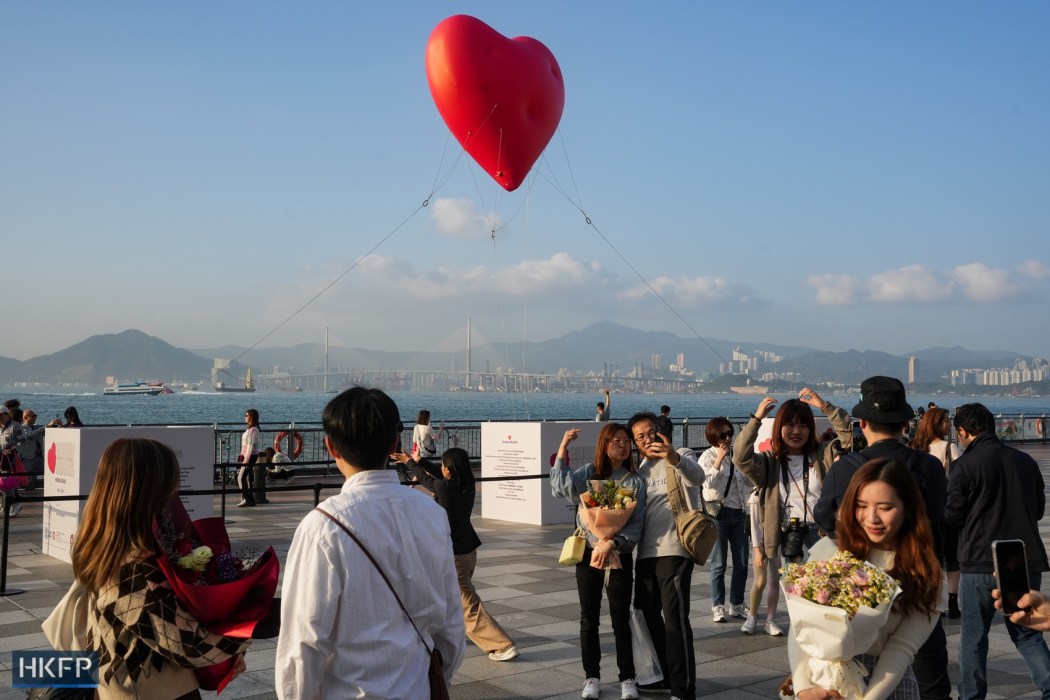
On Valentine’s Day came the two-week Chubby Hearts campaign presented by the Hong Kong Design Centre, with the giant balloons flying over different parts of the city. Photos of the big red hearts have flooded social media. The design centre reveals the locations of the photos every morning on its website.
So far, the big red hearts have visited, among other places, the flower market in Mong Kok and Lam Tsuen in Tai Po. I hope they will also overfly more mundane neighbourhoods in Kowloon and the New Territories and make yet more people appreciate the charm of our cityscape.
Since travel resumed after Covid curbs were lifted, a common justification for failing to spend weekends and public holidays locally is that Hong Kong does not have much to see. This is a laughable statement which only reveals the speakers’ ignorance. Hong Kong has much to see and to contemplate. The collective vitality of its people makes our city a rich place to explore.
Type of Story: Opinion
Advocates for ideas and draws conclusions based on the interpretation of facts and data.
Support HKFP | Policies & Ethics | Error/typo? | Contact Us | Newsletter | Transparency & Annual Report | Apps
| HKFP is an impartial platform & does not necessarily share the views of opinion writers or advertisers. HKFP presents a diversity of views & regularly invites figures across the political spectrum to write for us. Press freedom is guaranteed under the Basic Law, security law, Bill of Rights and Chinese constitution. Opinion pieces aim to point out errors or defects in the government, law or policies, or aim to suggest ideas or alterations via legal means without an intention of hatred, discontent or hostility against the authorities or other communities. |
Help safeguard press freedom & keep HKFP free for all readers by supporting our team

More HKFP OPINION:
HKFP has an impartial stance, transparent funding, and balanced coverage guided by an Ethics Code and Corrections Policy.
Support press freedom & help us surpass 1,000 monthly Patrons: 100% independent, governed by an ethics code & not-for-profit.







